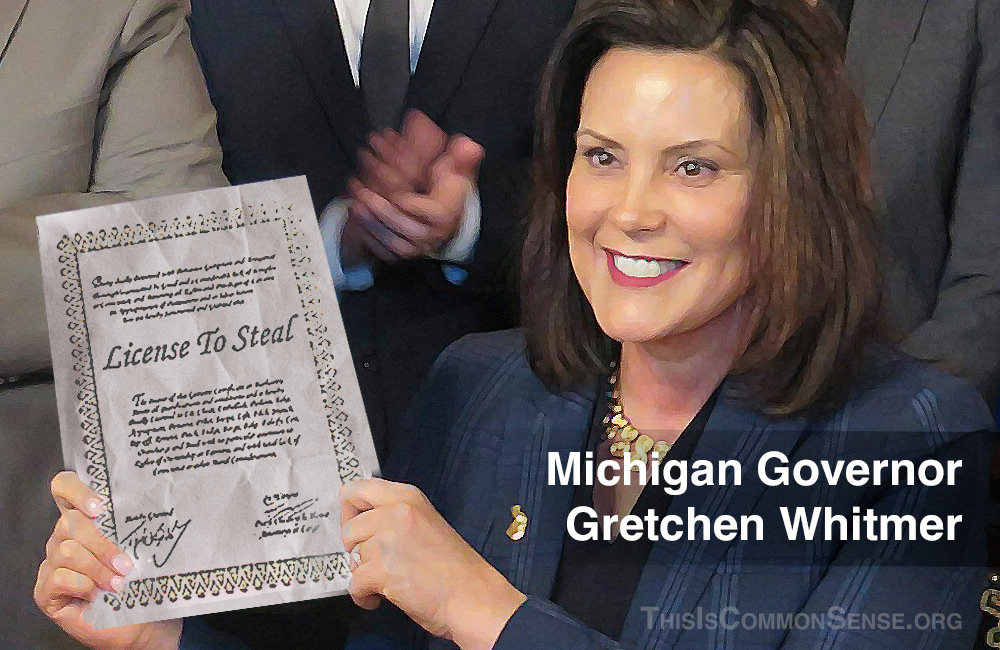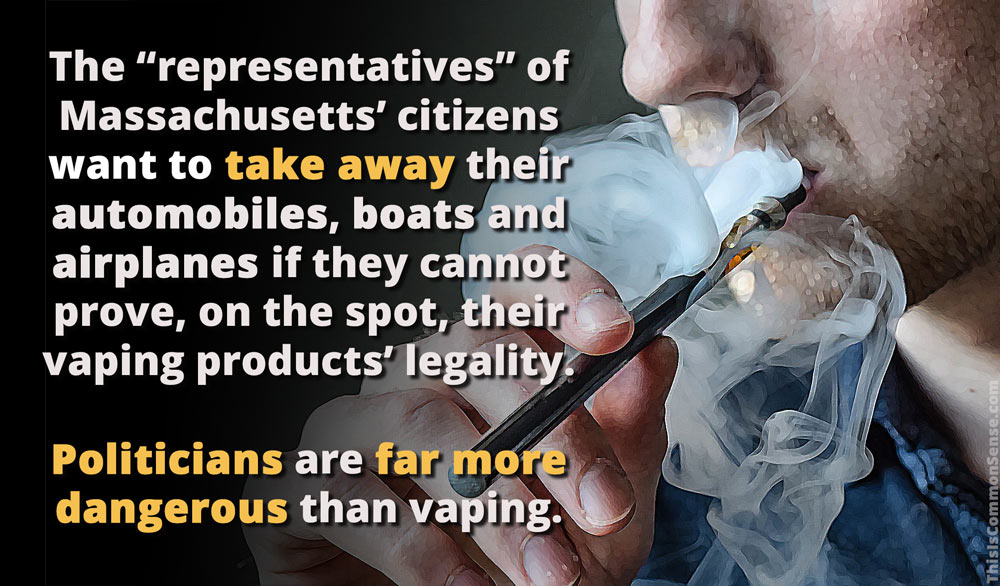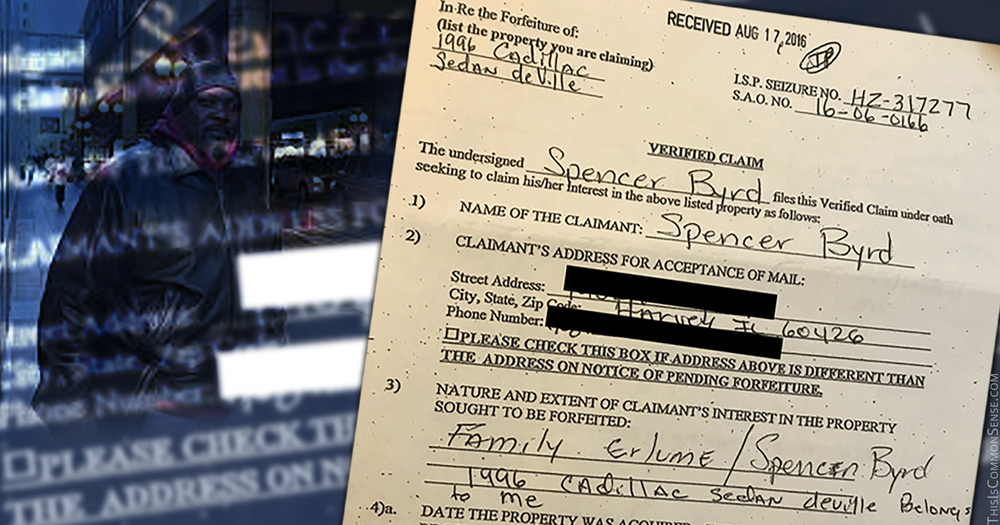Michigan’s lawmakers and governor seem determined to remind us that history is no nonstop march into the light.
In the Great Lake State, the latest confirmation is a return to virtually unrestricted legalized cash-grabbing at the airport, reversing halfhearted reforms of several years earlier.
After those reforms were enacted, a traveler had to be toting in excess of $50,000 before officials a Michigan airport could be “justified” in confiscating his cash on a mere suspicion that it is associated with a crime.
But now, because of legislation just signed by Governor Whitmer, the threshold has been knocked down to $20,000.
Maybe you must be naïve to carry so much cash where police and other functionaries can easily get at it, but as Dan King of the Institute for Justice observes, you don’t have to be a criminal. And traveling with cash is not a crime.
Around the country, innocent persons have often run afoul of civil forfeiture laws that let authorities steal money earned by others without any showing that the money is ill-gotten.
With help from organizations like Institute for Justice, people who make the mistake of traveling with substantial cash — to buy a truck, open a bank account, whatever — just might get their money back after spending months in the courts.
And suffering much anxiety.
For the officials who cause the anxiety, both the thefts and any temporary judicial setbacks amount to just another day at the office.
This is open thievery by the State, turning cops into robbers.
Opposing it is Common Sense. I’m Paul Jacob.
See all recent commentary
(simplified and organized)
See recent popular posts


















